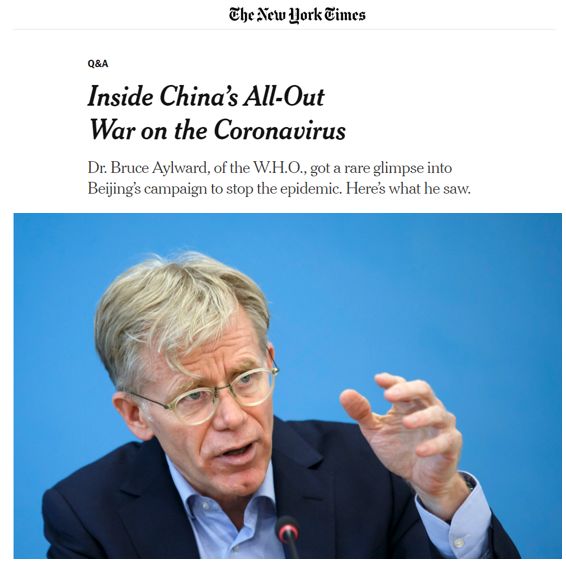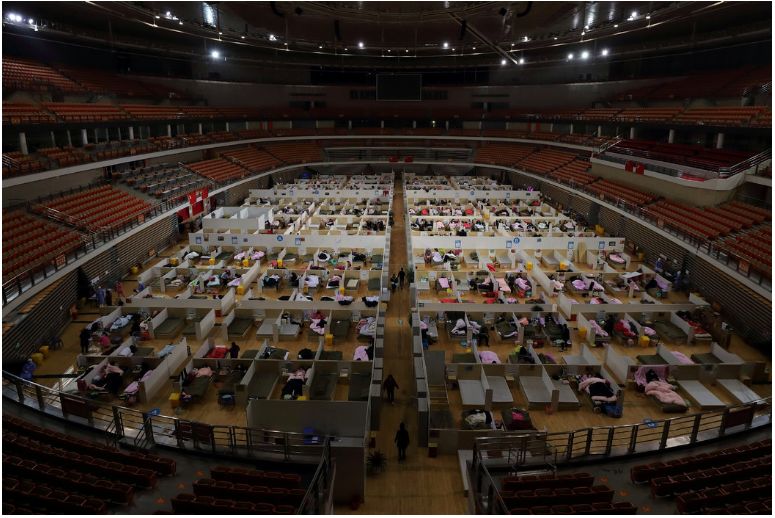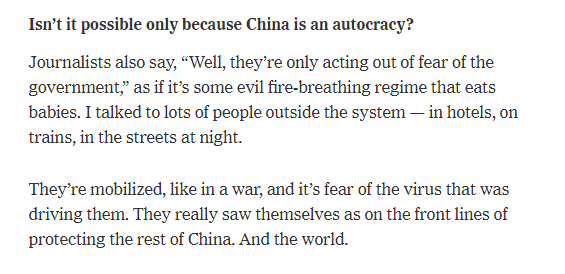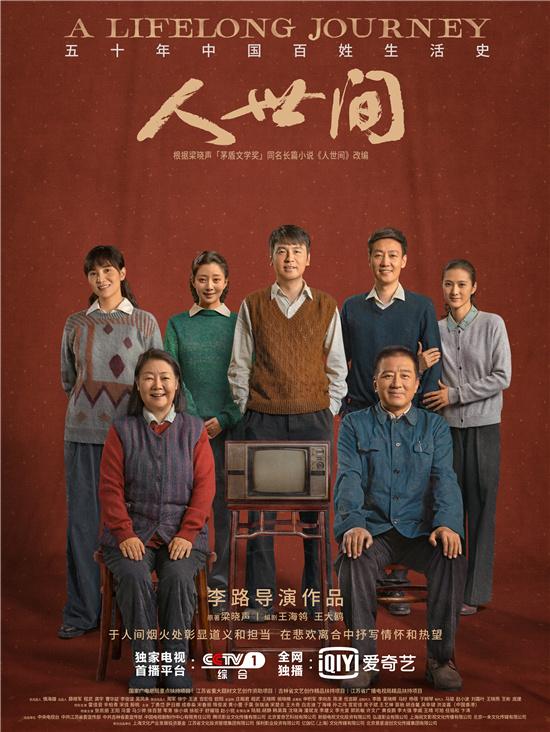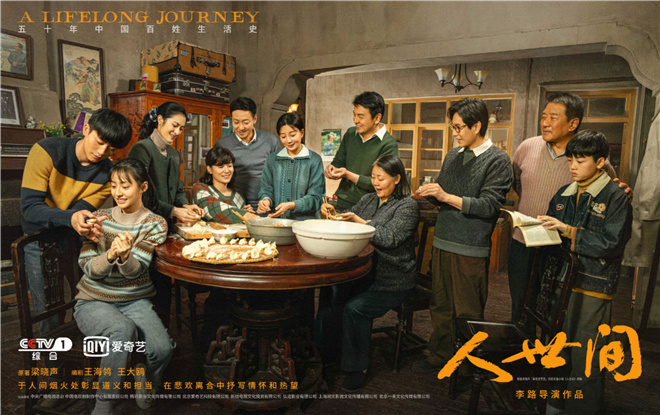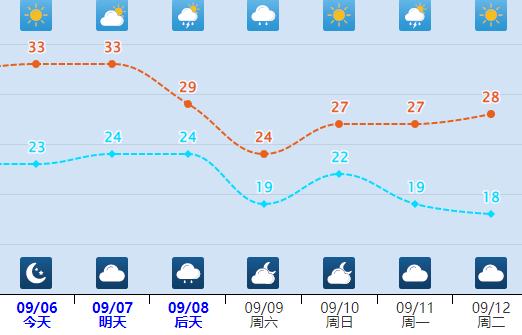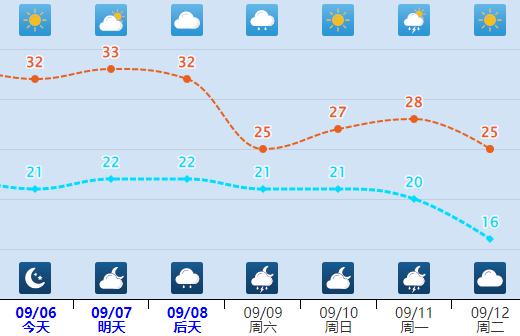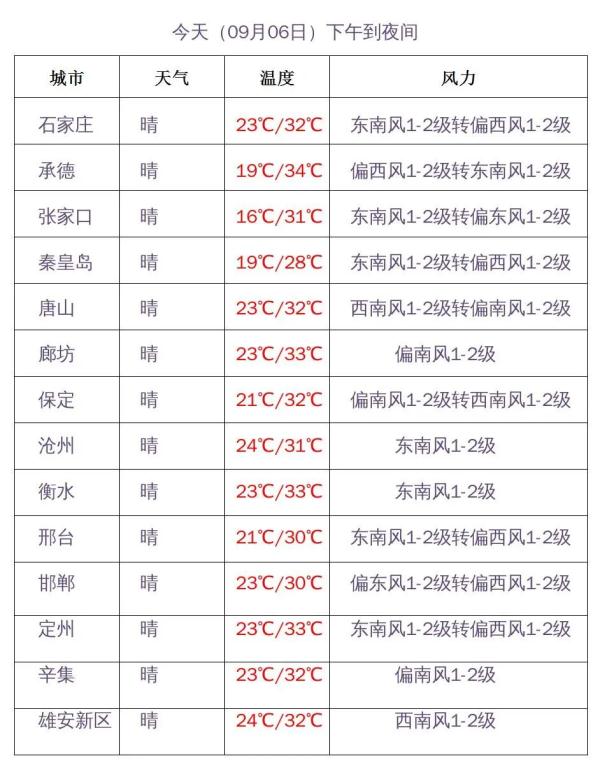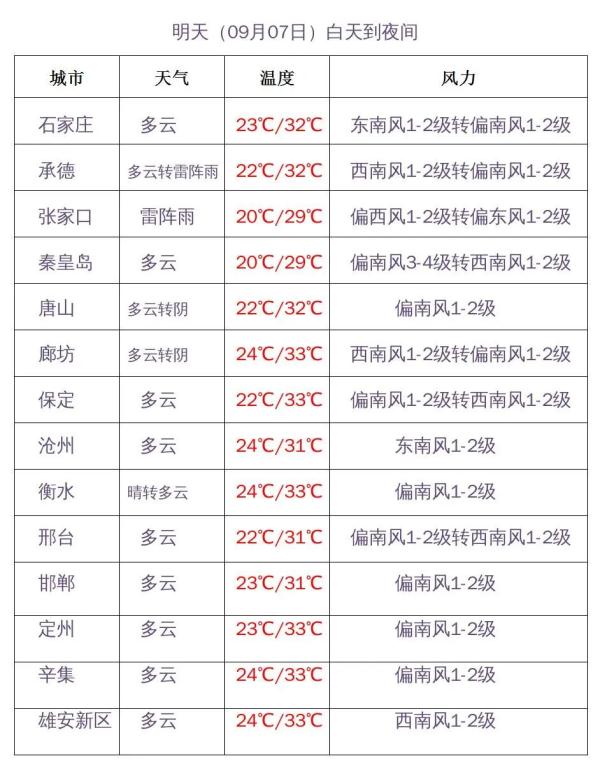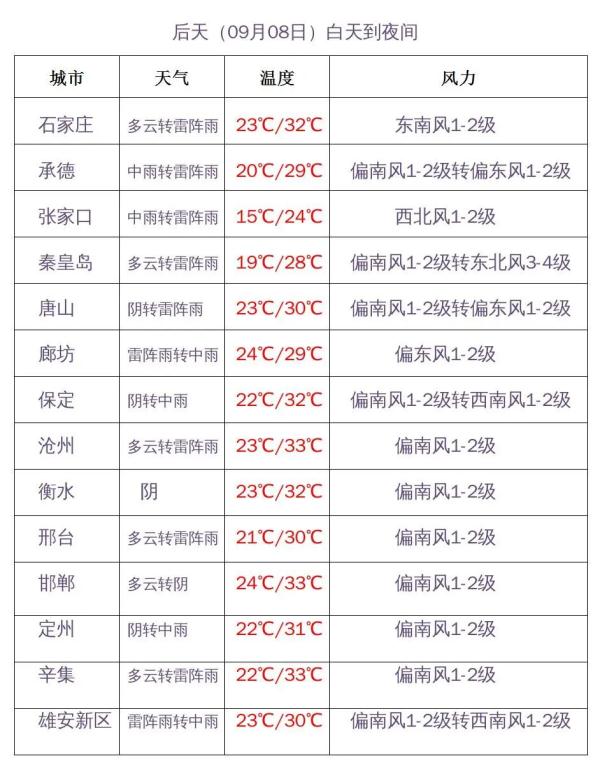In the autumn of 2018, I went to Wudaokou Store of Douban Bookstore. At that time, I was worried about the paper on Fitzgerald, hoping to go to this bookstore and buy some old books for reference. So I bought a book "American Literature in the Twentieth Century" by W.Thorp, which is an introductory work and introduces the situation of American literature in the first 60 years of the twentieth century. Among them, Fitzgerald and The Great Gatsby are mentioned in the fourth chapter "Social Status and Rank in Novels (1920-1950)".
Thorpe said: "F Scott Key Fitzgerald is undoubtedly a misunderstood one. He is called "the historian of jazz age", which really underestimates him as a novelist who knows the American rich class better than any other writer. Understanding the wealthy American class is his specialty, and the training he received in order to display this specialty finally caused his personal life to collapse. " Then, he commented on The Great Gatsby: "As a young man, Fitzgerald knows what the rich have (because that’s what he wants): everything money can buy-things, parties and absurdity. It is this sparkling and imaginary world that Jay Gatsby wants to get into. " Thorpe’s discussion of The Great Gatsby ends here. In the voluminous text in the fourth chapter, there is only half a page about Fitzgerald. Thorpe focuses on writers such as Dreiser, Lewis, Farrell and pazos. Even in the chapter about the lost generation, his ink points are concentrated on Hemingway, Wolff, Faulkner and pazos, not Fitzgerald.
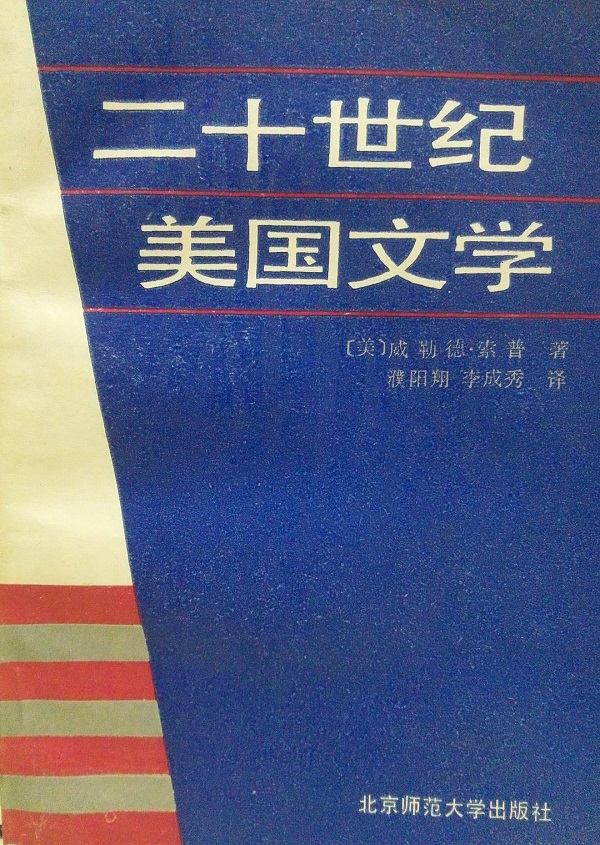
Twentieth Century American Literature
American Literature in the Twentieth Century was published in January, 1960. Thorpe’s opinion was an authoritative opinion in the American literary world at that time. Although Fitzgerald was a craze in the United States in the 1950s, Fitzgerald was still underestimated in the early 1960s, far from today’s prestige. The discussion about The Great Gatsby in the society is also limited to the discussion about love, money, the jazz age alluded by the novel and the author himself.
The Great Gatsby is Fitzgerald’s most important novel. Without it, Fitzgerald would not have today’s position in the history of literature. In the 1920s, despite the bleak sales, The Great Gatsby was still appreciated by mainstream critics after its publication. Hemingway, T·S· Eliot, Cabel, john galsworthy and others are among the commenders. Eliot said, "In fact, in my opinion, it is the first step taken by American novels since Henry James."
Eliot praised the novel, and it was proved that his vision was correct. In the late 1950s and early 1960s, critics represented by Arthur Mizner and James E·Miller, Jr. revisited The Great Gatsby. Arthur Mizler said in his biography about Fitzgerald: "He (Fitzgerald) always writes about himself and people and things familiar around him, so his works are inseparable from his life." James e miller, Jr. thinks: "the impersonal visual presentation in the great Gatsby is not only Fitzgerald’s impressive success, but also a milestone in American novels." Such an evaluation seems unremarkable today, but it was amazing at that time. The critic Charles E. Shain is also a fan of Fitzgerald, who published Seven Modern American Novelists in 1959 (Seven Modern American Novelists), he specially listed a chapter to evaluate Fitzgerald, thinking that "he (Fitzgerald) himself deeply felt an urgent need for the romantic spirit-an Englishman called it the American’s’ thirst for myth’-and he understood that modern people need to’ create a logical past with a large-scale present’."

Fitzgerald
In addition, during the decade from 1958 to 1968, a special Fitzgerald issue was published every year. After 30 years, with the cloud of the Cold War, the frustration of the war, the rise of the beat generation, the fierce May storm and a new round of worries about American society, The Great Gatsby became a popular reading at that time. Fitzgerald, a marginal writer, returned to the center of the tide again, and his novels were re-judged, and his status rose. Up to now, Fitzgerald has become a well-deserved classic writer in the United States, and The Great Gatsby has become a must in American literature.
The Great Gatsby has become a classic in the United States, but it is restricted by the "ultra-left" political atmosphere and class struggle. Nearly 30 years after liberation, there is no Chinese translation of The Great Gatsby in China. In the early 1950s, Wu Ningkun unwittingly lent the English version of The Great Gatsby, which he brought back to China from the United States, to individual students, and was thus branded as a "decadent new China youth". In 1979, A Compendium of American General History edited by scholar Huang Shaoxiang criticized The Great Gatsby as a novel that "touted this secret wine dealer and speculator as a hero and celebrated it", while Fitzgerald himself was rated as "a typical representative of literary and artistic writers who monopolized capital for imperial use in the 1920s, and a trumpeter who beautified the criminal activities of big capitalists in the’ prosperity’ period of the United States". The Great Gatsby has long been regarded as a "bourgeois poisonous weed", and few scholars dare to touch it, let alone "beat drums to express their grievances" for it. Therefore, scholar Dong Hengxun later sighed with emotion: "Only Fitzgerald, who is very famous in the United States, was introduced in China at the latest, and there are few commentary articles."

Biography of the tycoon
With the advancement of reform and opening up, the misunderstanding of The Great Gatsby was gradually clarified, and the Chinese translation of this book finally increased. The first Chinese translation of The Great Gatsby was Biography of the Tycoon, which was translated and annotated by American scholar Qiao Zhigao in Hong Kong in 1974. In 1982, Zhou Dunren annotated "The Great Gatsby", which was translated as "Lights and Green Dreams" and published by Shanghai Translation Publishing House. In 1983, Wu Ningkun translated Selected Fictions of Fitzgerald and included The Great Gatsby. In the same year, Gatsby the Great Man translated by Fan Yue was published by Liaoning People’s Publishing House. Since then, translations of Yao Naiqiang and Liu Feng have also appeared, and the translated title of the novel has gradually been unified as The Great Gatsby.
When Qiao Zhigao translated The Great Gatsby, he noticed the mapping of the novel to the American social crisis, and thought that the novel was a love story on the surface, but it was actually an disillusioned American dream. The brief introduction of the Biography of the Tycoon wrote: "A poor boy from Minnesota (Gatsby) devoted himself to pursuing the’ American Dream’ of drunkenness, but in the end he was trapped in tragedy and was left out by the upper class." Since then, the analysis of the relationship between novels and the American dream has become the main direction of the study of The Great Gatsby in China, and various angles have emerged one after another. The earliest article that cut into this angle can be traced back to 1985, when Li Xijian published the article "Disillusionment of the American Dream —— Comment on Fitzgerald’s The Great Gatsby" in Foreign Literature Studies, pointing out that Gatsby’s tragedy is a microcosm of the American youth’s desire for the American dream. However, some people hold different views. For example, scholars Chen Yuanyuan and Chen Dingbin think that Gatsby’s dream is different from the ideal American dream. Gatsby’s dream is not a real American dream, but a deteriorated American dream.

The Great Gatsby published in 2018
Zhang Dachun, a Taiwan Province writer, has a unique approach to Gatsby and the American dream. In Rereading Qiao Zhigao’s Translation of the Biography of the Tycoon, he quoted Mathew Arnold’s famous saying, "What kind of life is a moral concept in itself." It is believed that Fitzgerald has an impulse to fall in love with tragedy. "Fitzgerald will never forget his own tragedy-without this paranoia of’ falling in love with his own tragedy’, Fitzgerald may never enter the core of the American dream, and reveal that this dream is gorgeous, barren, eager and withered on moral issues." [Fitzgerald, Fitzgerald, the same below. The Great Gatsby is the author’s own attempt to reach the core of the American dream. Gatsby is the carrier of the new American dream that rose after World War I, and is a new youth representative accompanied by the industrial miracle, the rise of the new urban class and the new social trend of thought. Zhang Dachun believes that the greatness of this image lies in the fact that "this master with both hooliganism and heroic temperament has embraced a child’s dream of pursuing progress in his short life. And when this dream is put into practice in life, it turns to another dream (a purely self-projecting love yearning) and loses everything in order to protect what you love (although it is not worth it), but it does not matter. In other words: there is no moral flaw in the eager pursuit of dreams (even if it is vulgar fame and wealth or illusory love and hatred), and it is really an Arnold-style moral proposition-‘How to live?’ "
After the reform and opening-up, the translation craze of The Great Gatsby has set off an upsurge of Fitzgerald research in China, and the academic views on him have broadened from "the chronicler of the jazz age" and "the critic of the American dream" to more dimensions. Among them, A Brief History of American Literature, compiled by Dong Hengxun, Zhu Hong, Shi Xianrong and Li Wenjun in 1978, was a pioneering work, and he briefly introduced The Great Gatsby. In the book, Dong Hengxun thinks: The Great Gatsby is Fitzgerald’s best work both in thought and art. Lin Yiliang agrees with Dong Hengxun, and thinks that "The Great Gatsby is talked about, praised and praised as often as any American novel in the 20th century". Since then, the study of The Great Gatsby has stepped out of the literary view of class struggle, and the views of domestic academic circles on this novel have gradually integrated with the world.
As if weeds were lit by flames, scholars’ enthusiasm for studying this novel rose. Only in the 1980s, there were books or papers about The Great Gatsby, such as On Modern American Novelists, Selected Readings of American Literature, On Fitzgerald’s Novel Creation and Fitzgerald’s Novel Art, and the authors all spoke highly of this novel. From 1979 to 1989, in just ten years, domestic views on The Great Gatsby were reversed.
Stills of the movie The Great Gatsby
After the 1990s, the research on The Great Gatsby has been increasing. According to statistics, from 1990 to 2000, there were nearly 60 papers on The Great Gatsby, which discussed the Great Gatsby from the perspectives of American dream, romanticism, social change, religious thought, class struggle, consumer culture, symbolic metaphor and creative skills. The study of Fitzgerald, published by Wu Jianguo in 2002, marked the maturity of the domestic study of The Great Gatsby.
This is a relatively comprehensive work, including the author’s research achievements in the past 20 years, and also deeply involved in The Great Gatsby. This book consists of eight chapters, covering all aspects of Fitzgerald. The fourth chapter interprets the Great Gatsby from the perspectives of social reflection, author’s thoughts, novel skills and text metaphor, which is a general summary of Wu Jianguo’s views on The Great Gatsby. Wu Jianguo noticed Conrad’s influence on Fitzgerald, as well as the novel’s unique narrative technique and the role played by Nick. Unfortunately, The Study of Fitzgerald failed to dig deep into The Great Gatsby from the perspectives of religion, race, feminism and romantic tradition, and did not combine the negative criticism of the novel to study the "source" of the differences in criticism, which was still lacking in depth.
At the turn of the century, the first draft of The Great Gatsby, edited by James ·L·W· West, was published, and the trend of studying The Great Gatsby was once again set off by critics. At that time, the study of The Great Gatsby in China also made considerable progress. In addition to the study of Fitzgerald by Wu Jianguo, from the social and cultural point of view, in 1997, the article Car Metaphor in The Great Gatsby by Chen Fachun found a new way and broadened the thinking of studying novels. In 1999, Fang Jie published the article "On the Cultural Myth Model of The Great Gatsby" in Foreign Literature. He thought: "The interpretation of The Great Gatsby should be carried out in the great cultural context of American history. Gatsby’s story is not only the reappearance of jazz life, but also the expression of American national romanticism."
If we want to have a macro view of novel research, we may wish to refer to Matthew.J.Bruccoli’s A New Theory of The Great Gatsby, which has five expositions besides the introduction. The first one traces the revival process of the text dissemination of The Great Gatsby. The second part puts this issue in the background of a long struggle for the status of "great American novel"; The third and fourth articles respectively examine the themes of love and money, order and fantasy in the novel; The last article discusses the unique style of the novel.
The original English version of The Great Gatsby
After the new millennium, it is also worth mentioning the paper "Gatsby by Carraway". Author Cheng Wei started from the first draft of The Great Gatsby to the writing process, and judged the character Marianne frist (from A Lost Woman) written by the female writer Willa Cather (A Lost Lady)) influenced the shaping of Daisy, and at the same time, he quoted Bloom as saying that "there is a Keats living in the depths of Gatsby". The article deeply analyzes the romanticism and class cracks in The Great Gatsby and points out that there is always a negative ghost in Nick’s narrative. Keats defined "negative ability" as "the ability to be in a state of uncertainty, mystery and doubt", and Nick was the recipient of this negative ability, which is also an important reason for his appreciation of Gatsby, because Gatsby has a clear consistency that I have never found in others before and probably will not find in the future: every step of his life is on the long road to "the green light".
Constrained by traditional research thinking, many scholars used to sort out the research texts of The Great Gatsby, which were often limited to monographs and papers. In fact, many book reviews and essays on the Internet also contained original opinions on The Great Gatsby, except the above-mentioned Rereading Qiao Zhigao’s Translation of The Biography of the Tycoon, and the non-fiction article Destroying Fitzgerald’s Woman written by writer Shen Danqi, which was interconnected by an author and works. Daisy, who comes from the southern United States and is fascinated by Gatsby, has the shadow of Zeldia and Ginevra King, and Shen Danqi thinks that the color of Geneva is even stronger (these two women are very important in Fitzgerald’s life, Zeldia is Fitzgerald’s wife, and Geneva is Fitzgerald’s first love). )。 After reading a lot of original materials from Princeton University and the surrounding libraries, she wrote: "(Fitzgerald) He started to write short stories, and the first one was called’ The Perfect Hour’ and sent it to Vanessa to amuse her. A month later, Vaneva replied with a story of her own, also called’ Perfect Hour’, about the heroine who married into a rich family but had an unhappy marriage and met her old lover again a few years later. The heroine’s name is Vaneva King, and the old lover’s name is Scott Fitzgerald. Even in love, she is alert to know that he is not worthy of her. I’m afraid he knows, so he wrote a story about his love for Neva out of self-mockery.He rewrote this story many times in his life, and the last time was The Great Gatsby ten years later. The heroine’s name was Daisy Fay, and the old lover’s name was Jay Gatsby. "

Zeldia
Liang Wendao, another writer, focuses on Gatsby himself. He pointed out in the manuscript of Arabian Nights that Gatsby is the representative of American "Self-made man". What is "Self-made man"? Simply put, it is a person who relies on self-achievement. "He didn’t get his wealth by inheritance. He didn’t rely on his birth class background. What did he rely on? He is a person, working hard, and of course, he has to emphasize that he is an honest and moral person, climbing all the way, and then finally making a fortune and finally succeeding. Then this kind of person is particularly popular in the United States, and everyone admires it. It is a typical representative of the American dream. "
Today, The Great Gatsby has become an immortal memory of the jazz age. Fitzgerald’s luck is that he has grasped a kind of youth emotion, which is behind a certain spirit of the United States. It was originally only a specific product of the transformation of American society and an instinctive reaction of writers to the environment (Fitzgerald knows about the rich, new women and bottom-class youth in the United States at the same time). However, with the development of globalization, American cities have been replicated in different parts of the world, and this emotion is not limited to the United States in the jazz age, but has become a part of the wave of globalization. Gatsby’s "eagerness", Nick’s "alienation" and the "sense of collapse" after the dim green light in the novel have become the common emotions of young people in different countries, constantly beating the rapids and waves on the coast. Fitzgerald not only influenced American writers such as Raymond Thornton Chandler and Gay Talese, but also became the "spiritual godfather" of American-influenced writers such as Haruki Murakami. Novels such as Assassination of Knight Leader and Burning Barn have awakened Gatsby’s ghost again and again, and confirmed the situation of Gatsby and Nick, which is still out of date today. The Great Gatsby’s all-round and accurate description of the struggling youth, with the global copy of the new york model (the third world is full of poor imitations of new york), has become the deep resonance of the young people at the bottom. So many years later, "we struggled forward and sailed against the current" and were still "pushed back to the past by the tide".
